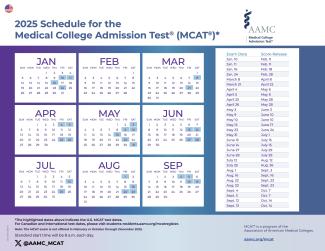Involvement allows you to supplement a strong academic record. Medical school admissions committees like to see evidence of initiative, creativity, leadership and collaboration, and organizational skills. However, it is important to remember that such activities will not substitute for poor grades, so don’t sacrifice study time for activities.
Search UK Student Organizations/Programs at BBNVolved https://uky.campuslabs.com/engage/
UK Student Organizations related to Medicine
- Pre-Medical Activities Council
- Internal Medicine and Pediatrics Interest Group
- The Apollo Society
- American Medical Student Association (AMSA)
- Multicultural Association of Pre-Health Students
- Phi Delta Epsilon International Medical Fraternity
- Hues in Medicine
- Medicats
Medical Shadowing/Observation
Applicants must demonstrate, at the time of application, medical observation/shadowing in the medical field. Applicants should consider observing in a variety of medical settings. Besides shadowing doctors, applicants may select to use the following medical experiences/roles: CNA, EMT, CMA, Medical Tech., Professional Hospice Volunteer, Athletic Training, Scribe etc.
Volunteering
As a caring attitude is central to the practice of Medicine, applicants should demonstrate a commitment to service, more specifically direct service, and a desire to help others. Applicants may wish to highlight volunteer and service activities, including tutoring, assisting seniors, volunteer EMT, coaching youth sports, mentoring, etc.
